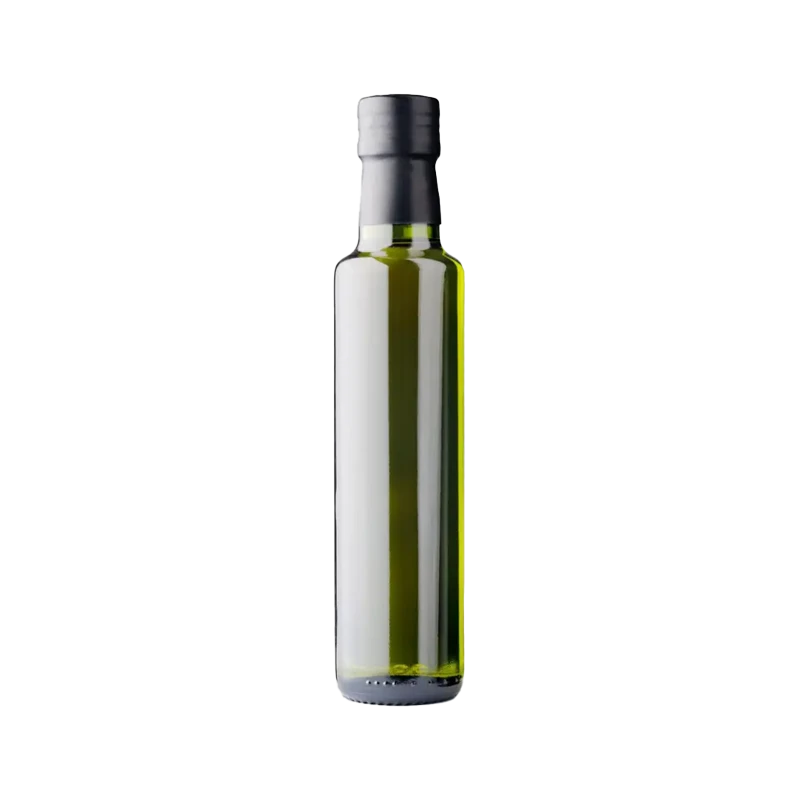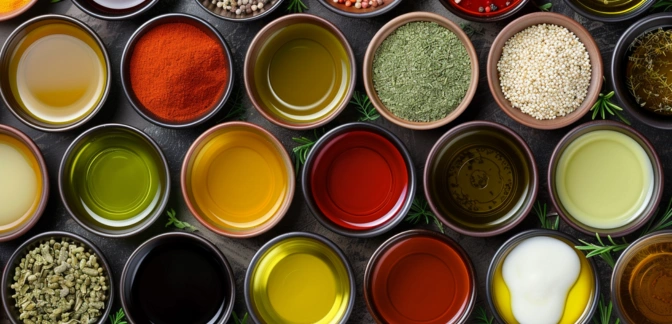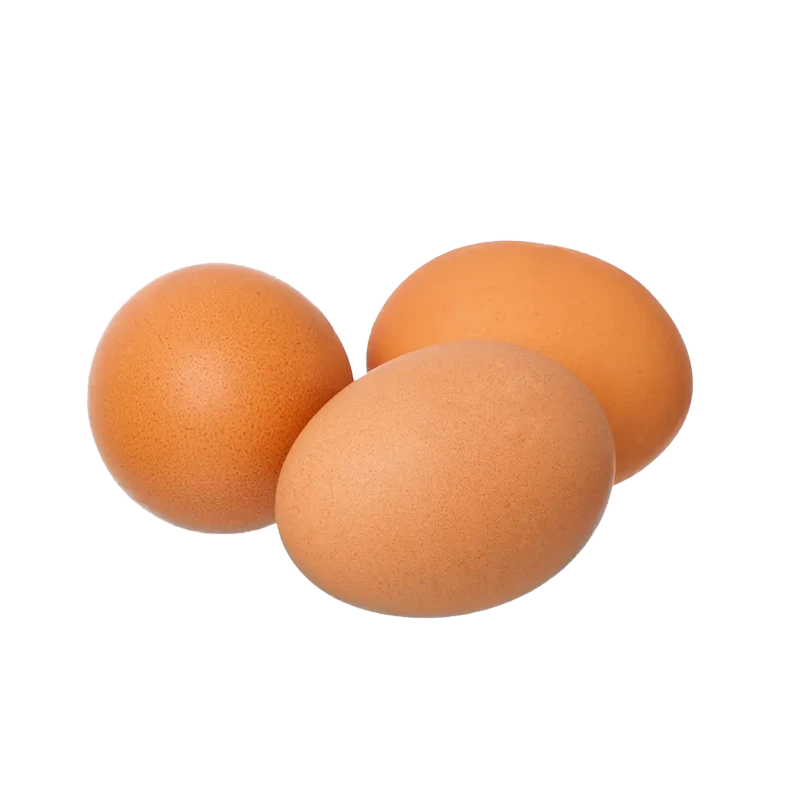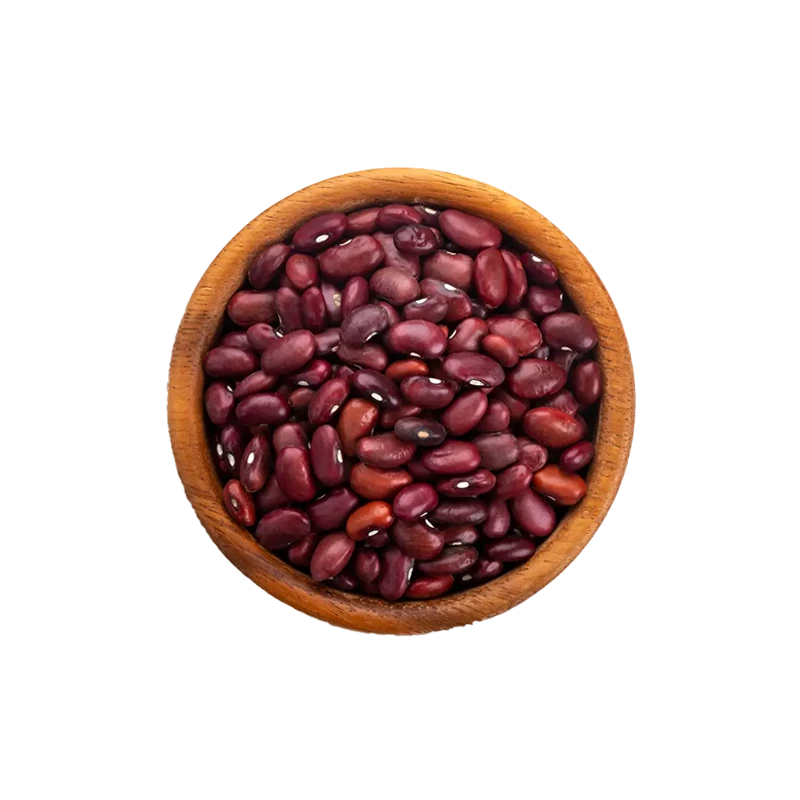Extra Virgin Olive Oil — Nutrients, Health Benefits, And Shopping Tips

Written by Listonic Team
Last update on September 5, 2024
Extra virgin olive oil nutrients
Nutrition facts
Amount per 100 g
Calories
🔥 884 kcal
| Nutrition per: 100 g | Value | % Daily Value* |
|---|---|---|
| Carbs | 0 g | - |
| Fiber | 0 g | - |
| Sugars | 0 g | - |
| Glycemic Index | 0 | - |
| Protein | 0 g | - |
| Sodium | 2 mg | 0.09% |
| Total Fat | 100 g | 128.21% |
*The % of Daily Value (DV) tells you how much a nutrient in a serving of food contributes to a daily diet. 2,000 calories a day is used for general nutrition advice.
Extra virgin olive oil facts & tips
Health benefits
- Rich in healthy fats, particularly monounsaturated fats, which support heart health by reducing bad cholesterol levels.
- High in antioxidants such as Vitamin E and polyphenols, which help protect the body from free radicals and reduce inflammation.
- Contains anti-inflammatory properties, which can help reduce inflammation and improve overall health.
- Supports brain health due to its healthy fat content, which is essential for cognitive function.
- Versatile and nutritious, making it a healthy choice for cooking, dressing salads, and drizzling over dishes.
Health risks
- High calorie content which can contribute to weight gain if consumed in large quantities or frequently used in cooking, despite being a source of healthy fats.
- Potential for oxidation as extra virgin olive oil can become rancid when exposed to heat, light, or air, producing harmful compounds that may contribute to long-term health risks.
- Potential for contamination with adulterated oils or lower-quality products if the olive oil is not sourced from reputable suppliers.
- Risk of overuse due to its health benefits, leading to excessive calorie intake if not mindful of portion sizes.
How to choose extra virgin olive oil
Extra virgin olive oil should be vibrant in color, typically ranging from a deeper green to a golden hue. It should have a fresh, grassy aroma typical of olives, indicating it is of high quality and well-preserved.
Avoid olive oil that smells musty or rancid, as this is a sign it has oxidized and lost its beneficial properties. Bottles that are unclear or have sediment at the bottom should also be avoided, as these can indicate poor storage conditions.

How to store extra virgin olive oil
Extra virgin olive oil should be stored in a cool, dark place, ideally in a tightly sealed bottle. Proper storage preserves its flavor and nutritional quality for up to a year.
Exposure to light and air can cause olive oil to go rancid. Avoid storing near heat sources, and always ensure the bottle is tightly sealed. Proper storage maintains its fresh and robust flavor.
✅ Extra Tip
How long does it last?
Extra virgin olive oil can last for 18-24 months when stored in a cool, dark place. Once opened, it is best to consume it within 6-12 months for optimal quality. Proper storage helps maintain its flavor and nutritional value.
What to do with leftovers?
Leftover extra virgin olive oil can be used in a variety of culinary and non-culinary ways. In the kitchen, extra virgin olive oil is a staple for drizzling, dressing, and sautéing. It’s perfect for salads, dipping bread, and adding richness to pasta dishes and grilled vegetables.
Beyond cooking, extra virgin olive oil has numerous uses in personal care and household applications. It can be used as a natural moisturizer for the skin, helping to hydrate and soothe dryness. Olive oil can also be used as a hair treatment to add shine and reduce frizz or as a makeup remover. Additionally, olive oil is great for conditioning wooden furniture and cutting boards, helping to maintain their appearance and durability. It can also be used to polish stainless steel and other metal surfaces, leaving them shiny and free of fingerprints.
👨⚕️️ Medical disclaimer
Discover products from other categories
Listonic Team
Fact-checked
Our editorial team checked this article to make sure it was accurate at the time of publishing it.
Get the top-rated shopping list app on your phone!







